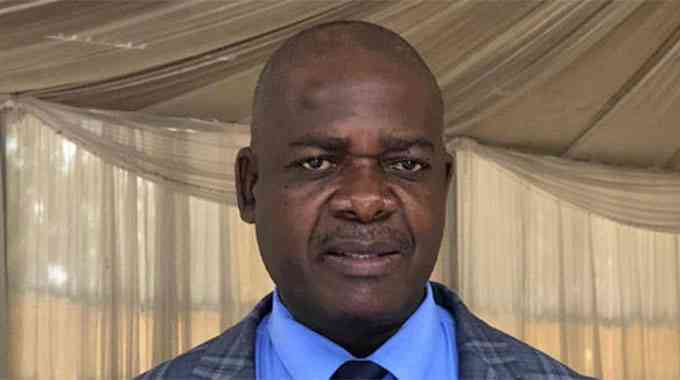
PARENTS and guardians with school-going children are up in arms with the government after it gazetted tuition fees in United States dollars ahead of the schools opening next week.
Primary and Secondary Education minister Torerayi Moyo recently announced the gazetted tuition fees for government schools ranging from US$5 a term for P3 rural schools, US$10 a term for P2 schools in high density suburbs and US$20 a term for P1 low density suburban schools.
The tuition fees are set in US dollars, while parents and guardians can pay in local currency at the exchange rate on the date of payment.
For secondary schools, Statutory Instrument 240 of 2023, Education (Tuition and Boarding Fees) (Government Schools) (Amendment) Regulations, 2023 (No.1), set the tuition fees for S1 schools in low density suburbs at US$40 a term, S2 schools in high density suburbs at US$20 a term, and S3 schools in rural areas at US$10 a term.
A parent with a child at Chancellor junior primary school in Mutare, Tatenda Chekai accused the government of milking them of their hard earned money.
“We have since paid the tuition fees. There is nothing we can do because at the end of the day it is my child who will be disadvantaged,” said Chekai.
“It is, however, unfair for the government to increase the tuition fees because of the current economic situation. The increase is retrogressive and this is not expected from our government.”
A parent with a child at Macheke Government Primary School in Mashonaland East province described the government as inconsiderate.
- Teachers to embark on a go-slow
- 'Terrified' teachers report for duty
- Civil servants issue 10-day ultimatum
- Teacher unions blast free service move
Keep Reading
“This government is inconsiderate. It’s just after making money. I think the government needs to review the tuition fees because already we are paying a lot of money in school fees,” she said while speaking on conditions she is not named for fear of victimisation.
Several other parents who spoke to NewsDay in a snap survey yesterday said hiking tuition fees is part of the package of austerity measures, bundled together with the high taxes and levies regime packaged in the 2024 budget.
“We are faced with a difficult future, especially for the children as the government continues to milk us at every turn,” said one of the parents.
“The fees, price hikes and other taxes are going to make our lives difficult as we go into the new year but it is going to be more difficult for people living in rural areas considering the weather conditions during the current season.”
Meanwhile, Amalgamated Rural Teachers Union of Zimbabwe president Obert Masaraure said in a statement yesterday that the gazetted tuition fees for government schools were retrogressive and unconstitutional.
“The Amalgamated Rural Teachers Union of Zimbabwe, ARTUZ takes note of a circular from the government announcing USD denominated tuition fees to be charged to learners in all government schools,” Masaraure said.
“Section 75 (1) of the constitution states that, “every citizen and permanent resident of Zimbabwe has a right to — (a) basic State-funded education, including adult basic education;” Basic State funded education is interpreted in section 2 of 2019 Education Act as follows; “basic State-funded education means (a) education from early childhood education up to form four; or adult education up to form four; or any other category as may be declared as such by the Minister by notice in the Gazette from time to time.”
Masaraure called on Zimbabweans to stage bus stop protests every Monday with placards demanding free education.
Educators Union of Zimbabwe secretary general Tapedza Zhou said the government should spare parents because of the economic hardships facing the country.
“When the tuition fees was announced l was not around but honestly speaking the government should spare parents because of the current economic hardships facing the country and this should be reviewed,” he said.









